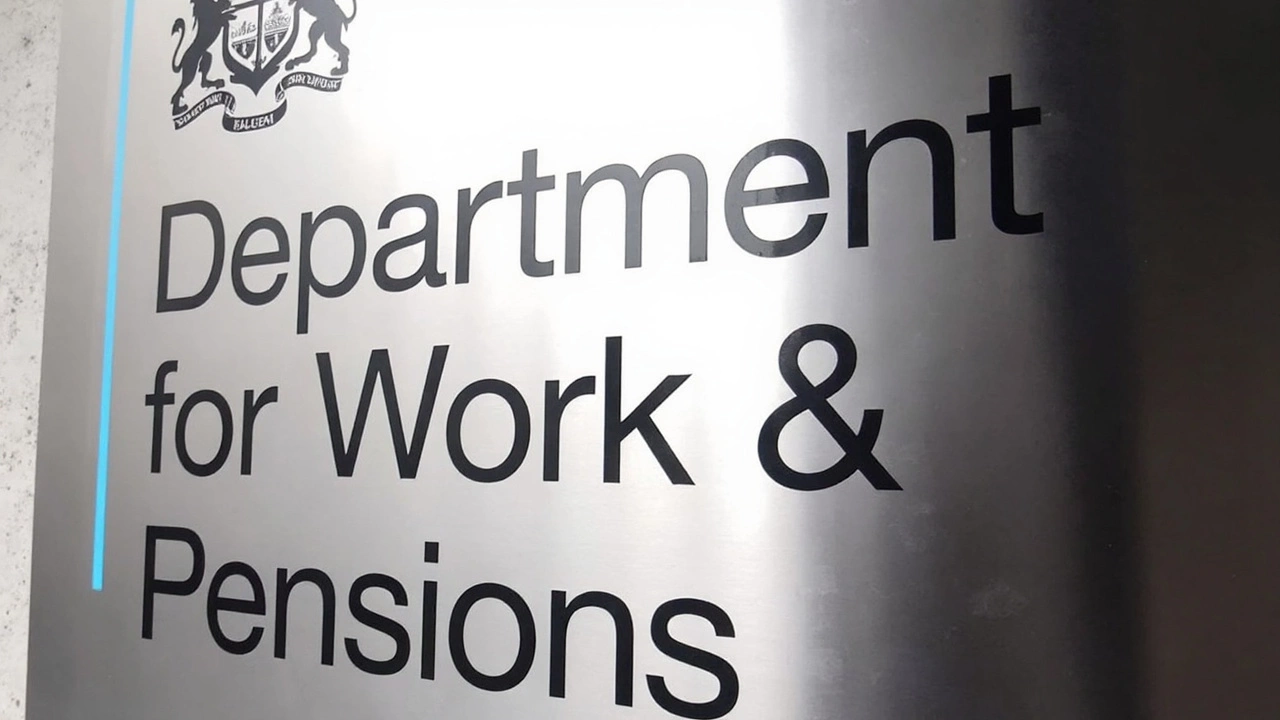DWP’s Overhaul of the PIP System: What’s Changing?
If you rely on the UK’s Personal Independence Payment (PIP), there’s big news coming. From November 2026, the Department for Work and Pensions (DWP) is set to roll out a major overhaul of how claims are scored. This shake-up isn’t a minor tweak—it’s a fundamental change that could alter the lives of over 1.3 million current claimants.
So, what’s the new deal? Under the headline proposal, claimants must now rack up at least four points from a single activity under the daily living component. That’s a big shift from the older system, where your points could accumulate across different day-to-day challenges. It’s a move the DWP says will better target “those most in need,” but people living with disabilities and the charities that support them aren’t so sure.

Why Are Experts and Claimants Worried?
Here’s where the stakes get real. The current PIP process recognizes that many disabilities don’t show up as one glaring problem but as a cluster of moderate challenges. You might have trouble cooking, a bit of difficulty managing medication, and struggle somewhat with communication, each scoring a couple of points—not enough under the new rules, since you now need four in one hit. For over a million claimants, that’s a terrifying prospect.
Sir Stephen Timms, the government’s Minister for Social Security and Disability, is pushing these reforms as necessary. He says the backdrop is an expected explosion in demand, with total claimants set to double from two million to over four million within a decade. He’s framed the reforms as a way to keep the system sustainable and focused where need is greatest.
But many see problems brewing. Advocacy groups are already warning that the changes could leave people with complex or less-visible conditions out in the cold. For example, folks living with a mix of physical and mental health issues might find it nearly impossible to hit the new threshold, even though their day-to-day life is seriously affected.
The DWP has signalled it wants to work with experts, disabled people, and advocates to get the details right. Officials are also promising a major review of what’s called the ‘PIP 2 Evidence Form,’ which is how you show the impact of your condition in real life. They say this overhaul will better capture the nuance and complexity of disability, but the specifics are still under wraps.
- The new four-point rule locks out those who don’t have severe needs in one single area
- Over 1.3 million claimants could see their support reduced or stopped
- Demand for PIP is rising fast, putting pressure on government budgets
- Campaigners fear unintended consequences for people with multiple moderate needs
On the ground, many claimants are doing the maths and feeling anxious. Disabled people already talk about the stress of PIP renewals and assessments. Now, with these reforms, the uncertainty has only grown. If their support does go away, it’s not just a blow to their income—it can hit housing, mobility, independence, and even mental health.
Officials maintain the goal is fairness and sustainability. The coming months will reveal whether new assessment tools can capture the real world struggles faced by Britain’s disabled community—or if a huge swathe of people will be left to fend for themselves.







Write a comment